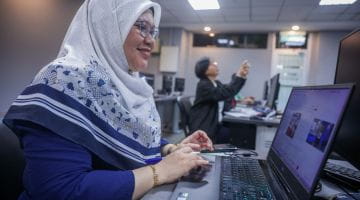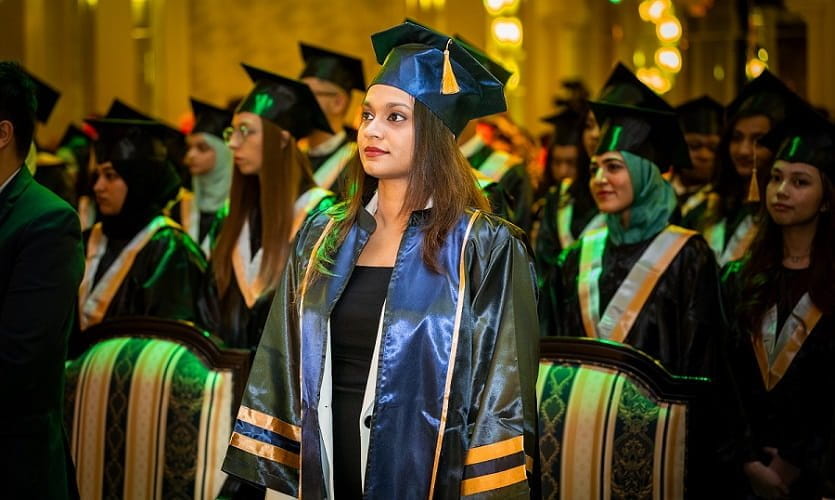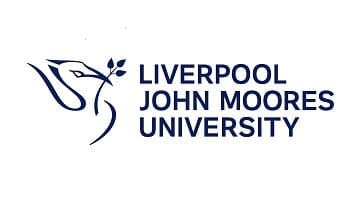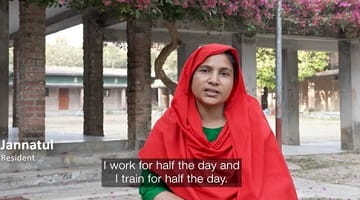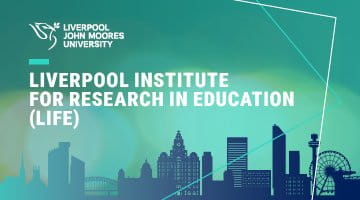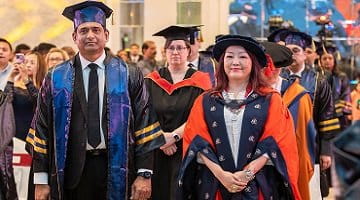Why study this course with LJMU?
- Appropriate for those working in all phases of education
- Saturday classes so you can continue in full-time employment, plus electronic learning materials so you can study at your own pace and in your own time
- Focus on SEN and the emotional and mental development of children and young people
- Opens up careers across the education and social care sectors
- 94% of students surveyed said the teaching staff on our education courses were good at explaining things (National Student Survey 2024)
About your course
The BA (Hons) Learning Development and Support at Liverpool John Moores University is the ideal preparation for an ITT in primary or early years education. You can study this degree while still working full time in an educational setting.
The degree recognises that there is a need for experienced educational professionals such as Teaching Assistants, nursery staff and mentors, to have a greater understanding of the emotional and mental development of children and young people today.
It is aimed mainly at students who are returning to education after gaining practical knowledge from their work with children and want to progress to teacher training, social work or a mentoring role.
Graduate employability skills are integrated into the course and supported by all staff and you will have opportunities to work directly with practitioners. The programme is constantly adapted to reflect current issues in education.
Course modules
What you will study on this degree
Further guidance on modules
Modules are designated core or optional in accordance with professional body requirements, as applicable, and LJMU’s Academic Framework Regulations. Whilst you are required to study core modules, optional modules provide you with an element of choice. Their availability may vary and will be subject to meeting minimum student numbers.
Where changes to modules are necessary these will be communicated as appropriate.
Core modules
Core modules
Optional modules
Core modules
Optional modules
Your Learning Experience
Excellent facilities and learning resources
We adopt an active blended learning approach, meaning you will experience a combination of face-to-face and online learning during your time at LJMU. This enables you to experience a rich and diverse learning experience and engage fully with your studies. Our approach ensures that you can easily access support from your personal tutor, either by meeting them on-campus or via a video call to suit your needs.
Lectures, seminars and tutorials take place on Saturdays, taking up about one third of your study time. Taught sessions are supported by electronic learning materials, which means you can study the remaining two thirds of the course at your own convenience and fit your learning around your daily working life.
Work-related Learning
Modules relate to child development, transition in education, developmental disorders and mental health and there are also learning at work modules which enable you to gain credit for professional practice.
The course includes learning at work modules that enable you to gain credit for your professional practice.
Dedicated personal tutor, plus study skills support
Your tutors are experienced in teaching and supporting students who have to fit their studies into a busy lifestyle, and so they understand the pressures of studying while holding down a full-time job. To support you in your studies and particularly assessments, they will set up one-to-one tutorials with you to work on your essay writing, study skills and research techniques, and to discuss any other course-related issues.
Assessment varies depending on the modules you choose, but will usually include a combination of exams and coursework.
We acknowledge that all students perform differently depending on how they are assessed, which is why we use a combination of assessment methods. These include written essays, individual and group presentations, and work study projects where you will be assessed on your work-based knowledge and experience.
Where you will study
Based in the Education Building in the heart of the Mount Pleasant campus, the School of Education features a wide range of cutting-edge facilities, including a pedagogy room, lecture rooms, computing facilities and a nearby Outdoor Learning Zone for natural curriculum and forest skills. Students also benefit from independent study spaces, a close-by cafe and library, and access to student welfare and support.
Course tutors

Jennifer Woods
Programme leader
This degree is taught on Saturdays so you can continue in full-time employment, supported by electronic learning materials so you can study at your own pace and in your own time
This degree is taught on Saturdays so you can continue in full-time employment, supported by electronic learning materials so you can study at your own pace and in your own time
Our team of specialist academics, practitioners and support staff are dedicated to ensuring that you receive a first-class education and we are there to help you to successfully engage with a programme of study designed to enhance your academic, personal and professional skills
-
 Lecturer/Senior Lecturer
Lecturer/Senior Lecturer -
 Lecturer/Senior Lecturer
Lecturer/Senior Lecturer -
 Lecturer
Lecturer


The course has opened my eyes to a broad range of educational topics relevant to my job role, providing me with the knowledge and skills required to do it more effectively. I now feel equipped and empowered to explore a career which involves supporting 'vulnerable' children.
Career paths
As you will already be working within the children’s workforce this degree allows you to gain professional qualifications to secure promotion or give you access to teacher training opportunities
Previous graduates have gone on to complete the Graduate Teacher Training programme and PGCE courses in primary or early years. Others have used their qualification to progress on to other professional level qualifications and training programmes.
Student Futures - Careers, Employability and Enterprise Service
A wide range of opportunities and support is available to you, within and beyond your course, to ensure our students experience a transformation in their career trajectory. Every undergraduate curriculum includes Future Focus during Level 4, an e-learning resource and workshop designed to help you to develop your talents, passion and purpose.
Every student has access to Careers Zone 24/7, LJMU's suite of online Apps, resources and jobs board via the LJMU Student Futures website.
Tuition fees and funding
- Full-time per year:
- £9,535
Fees
The fees quoted above cover registration, tuition, supervision, assessment and examinations as well as library membership and student IT support with access to printed, multimedia and digital resources including programme-appropriate software and on campus Wi-Fi.
Financial Support
The University offers a range of scholarships to support students through their studies. You'll find all the information you need on our specialist funding pages, including details of the Student Support Fund and other activities to support with the cost of living.
Additional Costs
In addition to fees, students should also keep in mind the cost of:
- Accommodation
- Travel costs including those for placements, visas and travel for studying abroad and field trips unless paid for by LJMU
- Stationery, IT equipment, professional body membership and graduation gown hire
The University reserves the right to increase tuition fees in accordance with any changes to the maximum allowable fees set by the UK Parliament. In the event of such a change, any fee increase will be subject to a maximum cap of 10% of the total course cost as originally stated at the time of your offer.
Entry requirements
Please choose your qualifications below to view requirements
Grades/points required from qualifications:
Work out how many UCAS points your qualifications are worth by visiting the UCAS Tariff Calculator.
Qualification requirements
How to apply
Securing your place at LJMU
UCAS is the official application route for our full-time undergraduate courses. Further information on the UCAS application process can be found here https://www.ljmu.ac.uk/study/undergraduate-students/how-to-apply.
Your university life
From accommodation and academic support to clubs and societies. Find out what LJMU has to offer.
Related Links
Talk to our students
Connect with a current LJMU student for advice and guidance on university life, courses and more.
See what our students are saying
At LJMU we want you to know you're making the right choice by studying with us. You can see what our students are saying about their experience with us through their reviews on the following websites:
Related Links
News and views
Browse through the latest news and stories from the university
The university reserves the right to withdraw or make alterations to a course and facilities if necessary; this may be because such changes are deemed to be beneficial to students, are minor in nature and unlikely to impact negatively upon students or become necessary due to circumstances beyond the control of the university. Where this does happen, the university operates a policy of consultation, advice and support to all enrolled students affected by the proposed change to their course or module.
Further information on the terms and conditions of any offer made, our admissions policy and the complaints and appeals process.




















